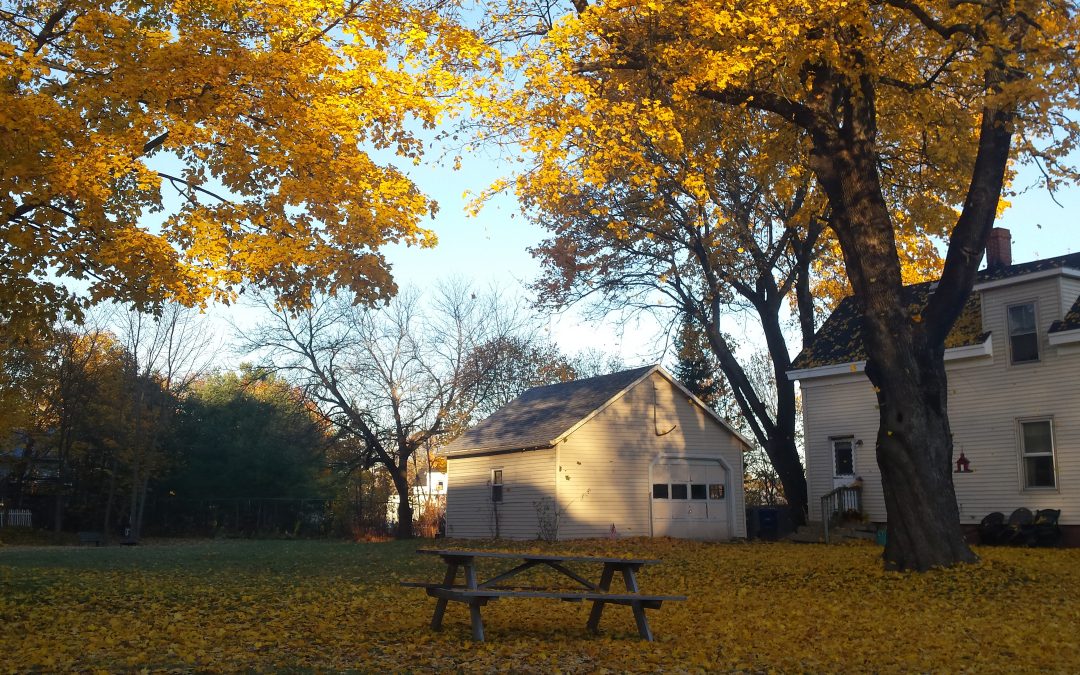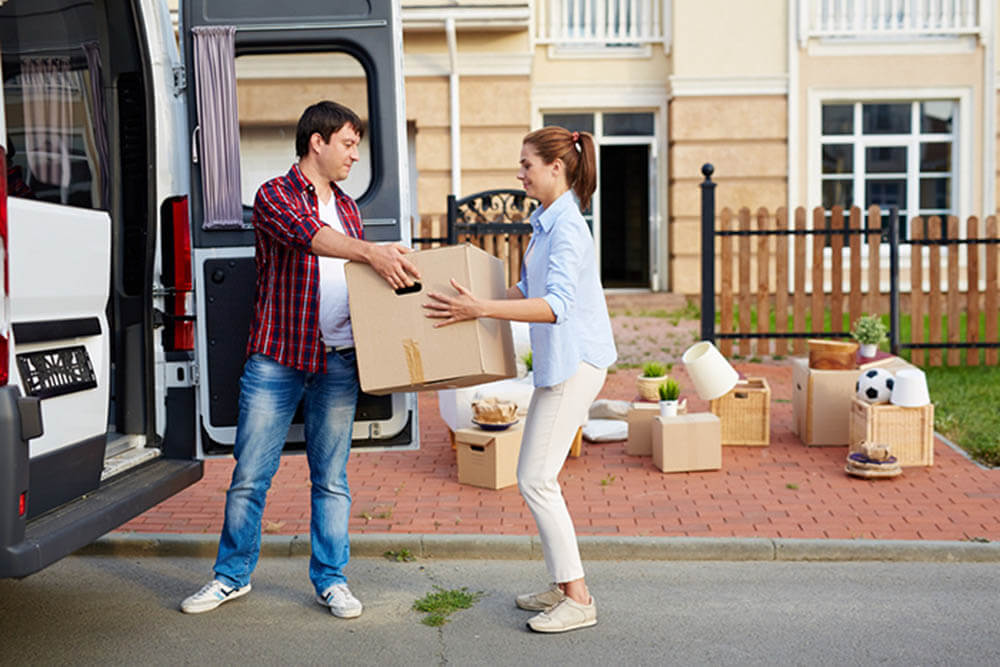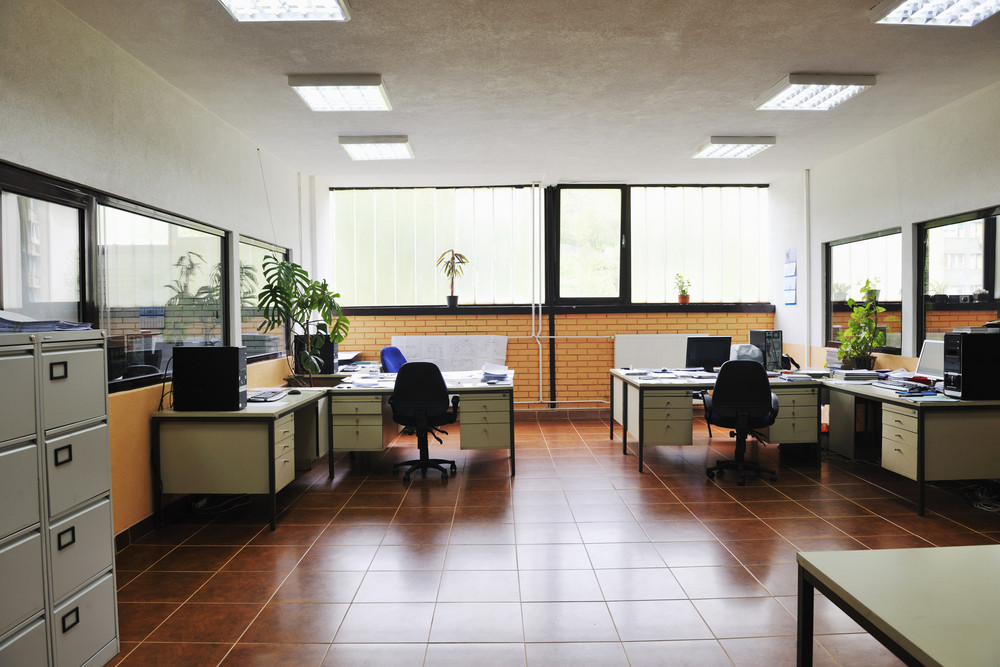One in four people over the age of 65 falls each year, and this number increases to one in two by the age of 80. Fall-related injuries can result in hospitalization and sometimes death, and individuals who fall (or are simply afraid of falling) often face significant declines in mobility and independence.
According to the National Council on Aging, fall-related injuries send a senior to the hospital every 11 seconds. But many falls can be prevented. By understanding your risks and making some simple home modifications, you can protect yourself from falls. Useful tips include reviewing medications, getting regular vision and hearing checkups and staying active with an exercise program that emphasizes balance, strength and flexibility. However, since over half of all falls take place at home, we have some easy tips to prevent falls in your home.
Fix simple but potentially serious hazards
Keep stairs and walkways clear of tripping hazards such as clutter, electrical cords and shoes. Rearrange furniture if needed for clear passage. Remove throw rugs or secure them to the floor with rug grippers. Be aware of changes in flooring levels and types, like when carpeting meets tile or hardwood. Ensure that you have adequate lighting for maximum visibility. Have a light switch at both ends of hallways and stairways, or consider motion sensors, and use night lights for safe nighttime trips to the kitchen and bathroom.
Change your habits
You can lose your balance when reaching up high or bending down low. Keep frequently used items, like toiletries and cooking utensils, within reach to help prevent falls.
Get some extra support
Add grab bars in the bathroom, both near the toilet and in the shower. Install a handrail on both sides of stairs, and check often to make sure they are not loose. Add non-slip paint to outdoor steps. Talk to your doctors, local aging experts, and family members about fall hazards and get the support and modifications you need to remain safe in your home. If its time to relocate, contact the moving experts at Bisson. We have helped many seniors make the move to safe senior living, and would be pleased to help make the transition to your new home when you’re ready.




